Physical Therapy for Concussion Management
A concussion is a mild brain injury that occurs when the brain hits against the skull during a blow to the head or from a rapid neck jerk when the body is hit. Common causes of concussion are falls, impact from sports, and motor vehicle accidents. In 80-90% of concussions, there is no loss of consciousness and symptoms can be delayed, appearing several days after the initial injury.
What are the symptoms of a concussion?
· Physical signs: headache, nausea, vomiting, fatigue, balance problems, blurred or double vision, ringing in the ears, light sensitivity, sound sensitivity, difficulty falling asleep, sleeping more or less often than normal.
· Cognitive signs: confusion, fogginess, disorientation, amnesia, slowed reaction times, trouble concentrating, forgetfulness and memory problems.
· Emotional signs: increased irritability, sudden mood changes, feeling depressed or down.
How does Physical Therapy help with concussion recovery?
Physical therapy concussion rehabilitation is aimed at decreasing pain, reducing symptoms, helping you recover faster, and improving your overall quality of life. Physical therapy will guide you through a safe and gradual return to normal activity, work, and sports.
A big challenge with concussions is knowing how to manage your symptoms to aid in recovery without overtaxing your brain. Physical therapy evaluates your limitations and creates a personal exercise program to gradually re-introducephysical activity in stages to avoid exacerbating concussion symptoms, risking further injury and delaying your recovery.
Concussions often involve injury to the neck, shoulders, and cervical spine. Often, the body’s initial reaction is to further protect the head by tightening up the neck and shoulder muscles. Physical therapy can relax neck and shoulder muscles, increase cervical mobility, and treat underlying injuries.
Many traumatic brain injuries are accompanied with dizziness, nausea, balance and vision problems that physical therapists treat using vestibular rehabilitation to improve stability and reduce dizziness, vision therapy to improve depth perception, hand-eye coordination, eye tracking, focus, and peripheral vision, and strength training to support the head and neck, improve endurance, minimize fatigue, and prevent future injuries.
Physical therapy can help with concussion recovery by improving balance, vision, focus, gait, and mood. It can also help reduce headaches, dizziness and neck pain, promote healing, and teach you how to manage your symptoms and progress your activity tolerance.
If you are struggling with post-concussive symptoms, please schedule an appointment with our team and we will guide you to a quick and full recovery. Thank you for being a part of our Refuge community!
